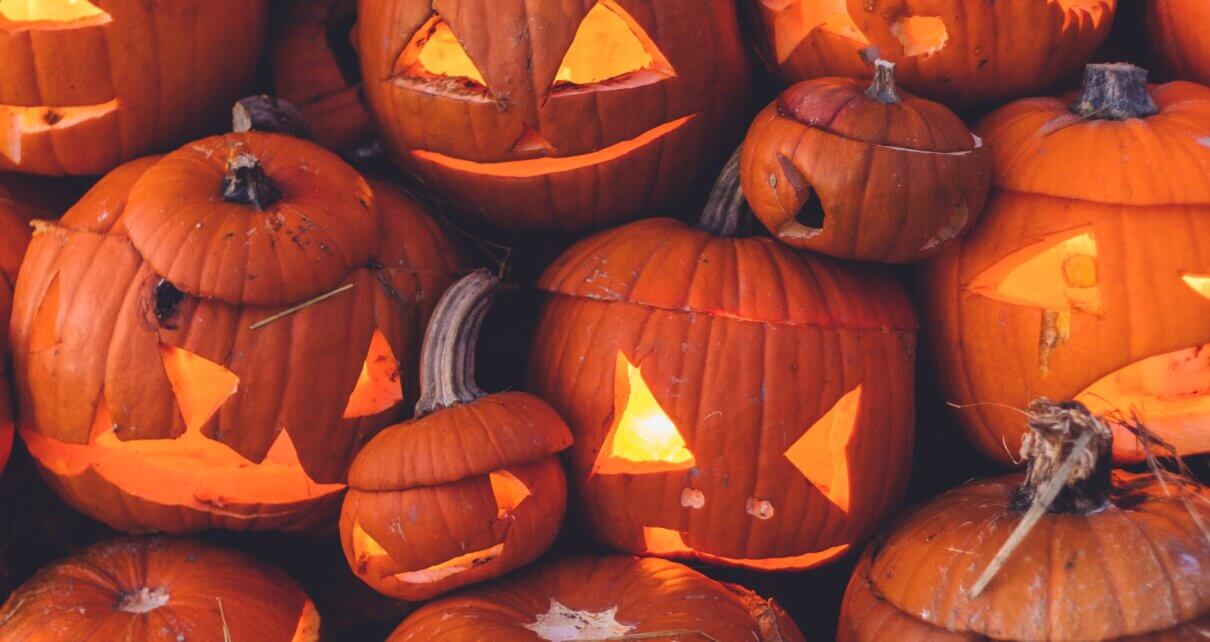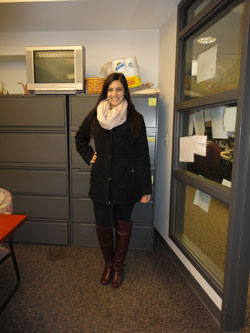As Halloween quickly approaches, costume ideas overtake our minds and our social media feeds. For some people, it is important to design a unique, or at least funny, costume that catches people’s eyes while enjoying a night of fun with their friends. The usual cast and crew make their appearance Halloween night, like the cats, angels, and witches that flood the streets every year. These are the tried-and-true costumes that students can make their own.
However, there is an unfortunate side to Halloween— one that reveals judgmental and stereotypical mindsets that can quickly devolve into mockery.
It is important to fully comprehend what cultural appropriation is and what it could mean for students. The Encyclopedia Britannica describes cultural appropriation as “members of a majority group adopt[ing] cultural elements of a minority group in an exploitative, disrespectful, or stereotypical way.”
This phenomenon can negatively impact minority groups on campus, drastically affecting their confidence and sense of belonging. The exploitation of these cultures by majority group individuals leaves many students feeling uncomfortable and prevents them from fully expressing their identities on campus. When trying to promote a more diverse and accepting community, it is crucial for everyone to understand and respect others’ cultures.
Halloween has had a long-standing, strong grasp on students’ social lives across most college campuses in the United States; Monmouth University is no different. However, these parties are not carefree events for all attendees as some students use them as a platform to put offensive costumes on display. Most of these costumes are seemingly harmless, but the misuse of traditional dress styles can be very problematic and hurtful to people in different communities.
Evelyn Moncayo, a junior business student, shared, “It’s hard to even have fun when going to some of these parties because of the blatant disrespect towards certain cultures. It’s like these cultures are just a joke.”
Yesenia Luna, a senior social work student, added, “Seeing people in these insensitive costumes really upsets me. It makes these environments super hurtful and angering.”
Their experiences highlight the greatest issue when it comes to cultural appropriation during the Halloween season: these costumes make these cultures out to be a spectacle.
Some people may argue that they wear these costumes to be funny, not for the purpose of offending or mocking other cultures, but wearing a costume shouldn’t come at the expense of marginalizing certain groups. If you think a costume may be offensive, it’s probably best to just look for a different one.
The good news is that it is extremely easy and cheap to avoid excluding your peers at what is meant to be a unifying part of one’s college experience. The most important thing is to avoid any costumes with clear stereotypical characteristics. This includes any costumes that make the experience of certain minority cultures out to be funny or abnormal.
Misusing traditional items of clothing or presenting yourself as someone of a different race or ethnicity for a costume misrepresents these cultures and makes certain students feel mocked and unwelcome. These costumes are exclusionary and don’t honor the full meanings of the garments, traditions, or cultures.
The best thing to do to make sure everyone continues to have a pleasant Halloween experience on campus is to buy or make culturally sensitive costumes, which is easier than it sounds! There are a multitude of customizable costumes that would work great for both individuals and groups, with pieces that are typically readily available for those who need to get a costume together quickly.
Animals are always an easy pick, like cats or bunnies. Professions are also a good go-to costume, like dressing as an astronaut or professional athlete. Characters from your favorite television shows or movies make great costumes because they usually are the most unique.
The best part of Halloween is being able to get creative with your costumes and enjoying your night out with friends. As a campus, it is important to preserve those experiences for everyone. We all have our part in making one another feel safe and welcome, and costumes are an easy place to start.




